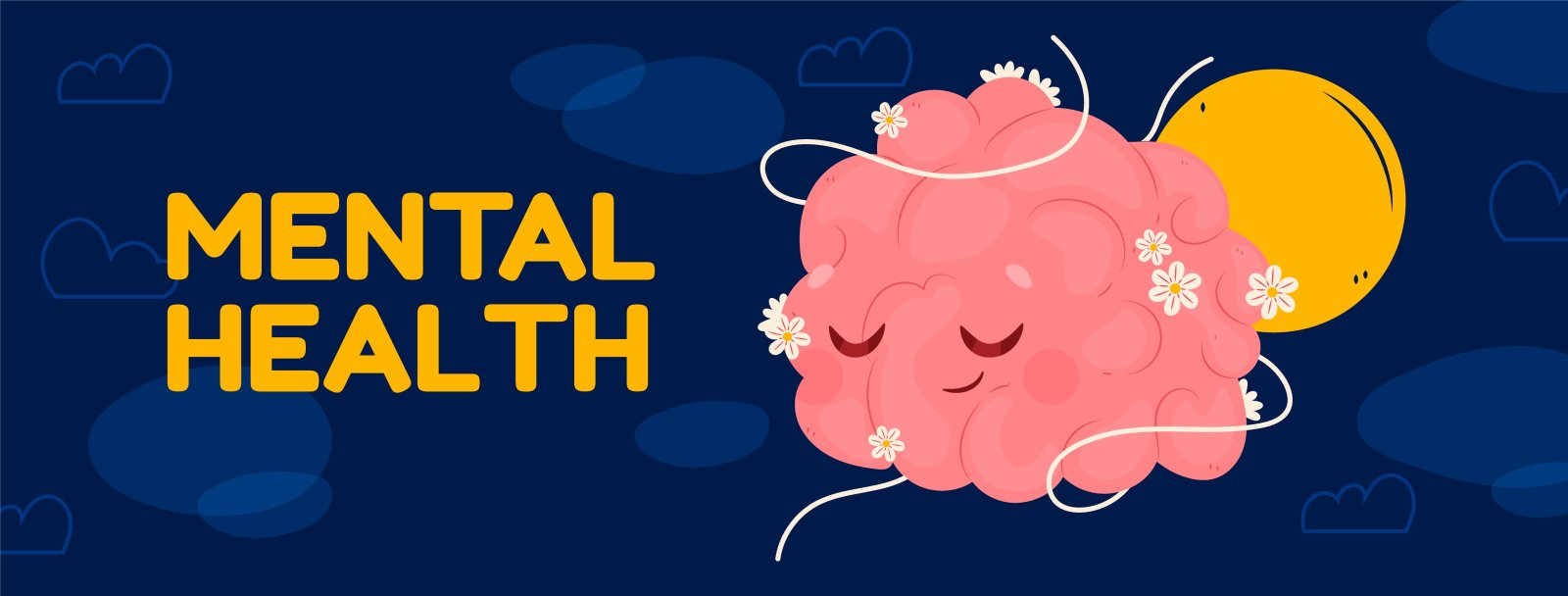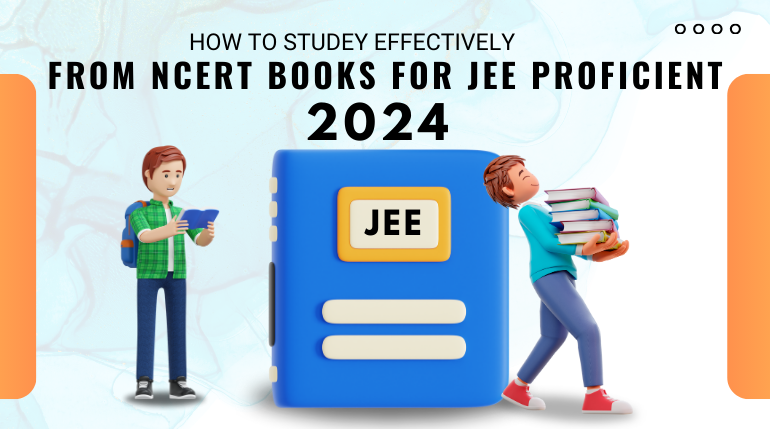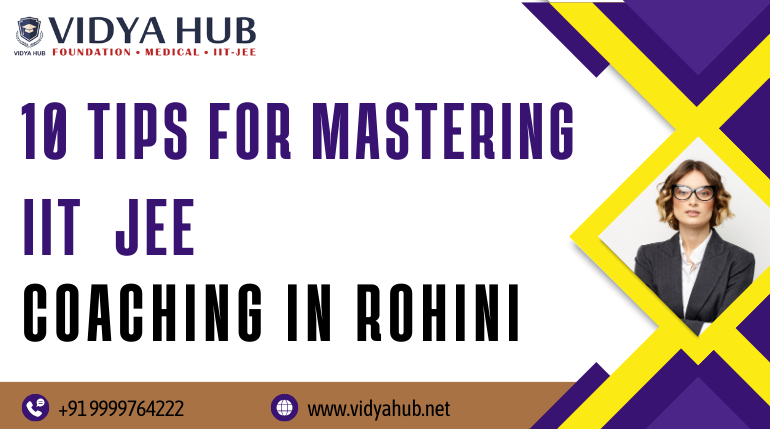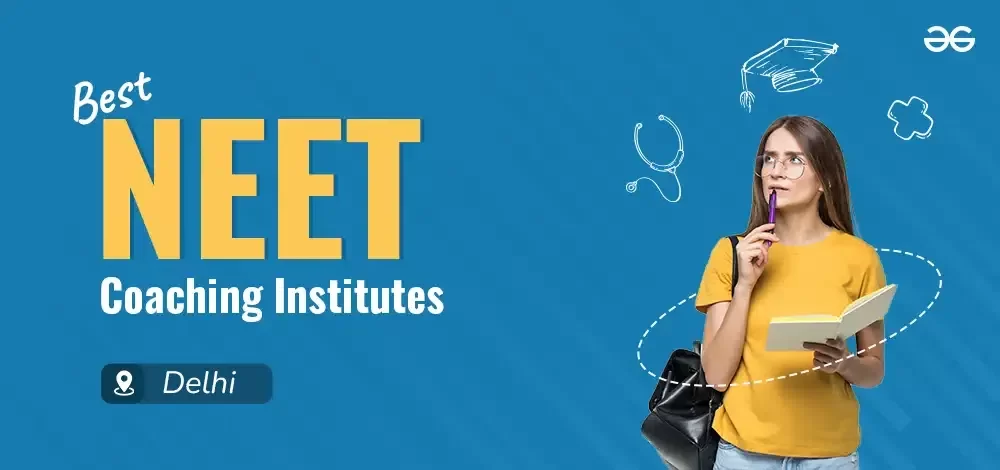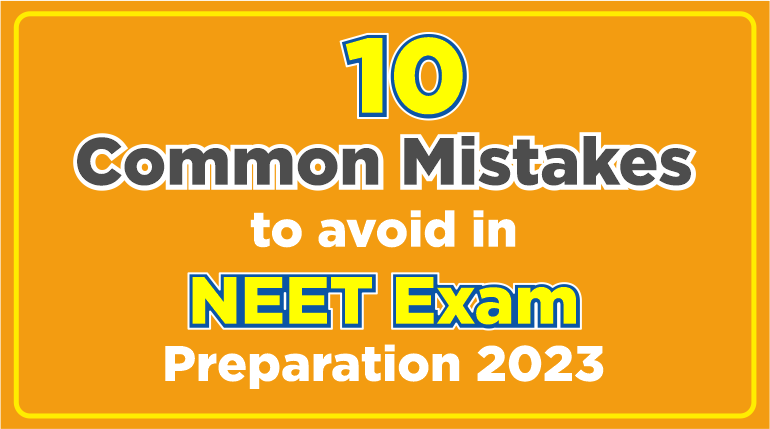Key Challenges Faced by JEE or NEET Aspirants
For engineering aspirants, IIT JEE is the entrance exam for getting admission to preeminent engineering colleges. There are several reasons why IIT JEE is the hardest test in the world. Every year, lakhs of students apply for this exam and less than 1% reaches their destination. For medical aspirants, NEET is the common medical entrance test. It consists of three subjects- Chemistry, Physics, and Biology, and these three subjects are tough. Physics is considered to be one of the toughest subjects for most candidates. With Vidya Hub Institute all aspirants can be guaranteed the steady construction of their future along with the best Physics preparation for NEET as well as IIT-JEE. Whether the subject is tough or easy, studying with VH will always be engaging and interesting. Here we will discuss some Key Challenges Faced by Jee or Neet Aspirants.
The time gap between the final exams of schools and NEET is of only two months, and the syllabus for the exam is HUGE! This is one of the most common reasons why students lag behind in this exam. The lack of time increases the difficulty. Also, more than 10 lakh students compete for the NEET exam every year, and this number can only increase with time.
But these are the general problems. We are here to tell you how to tackle them:
- REVISION: The most common mistakes that students make are in ‘Revision’. Students think that reading a topic once is enough. But it is not. Revision by heart can get you over the top. It is not imperative to polish your knowledge just before the exam or after completing the syllabus, rather it is a continuous process. It should be on a daily basis in one way or other. A good revision promises good retaining of concepts which in turn set forth the process of learning.
- RIGHT STUDY MATERIAL: Another common mistake that aspirants tend to make is not choosing the right study material. There are probably hundreds and thousands of books available in the market from which students can study. But which books are worthy? How can you know that? You might start preparing from a book from which your friend is also preparing but he was able to understand the language and concept of that book and you weren’t. This might deal you a lot of damage. The best way to prevent this from happening is to get professional advice. Professionals know which book is best for you and how you can score maximum marks. Vidyahub has the best teachers who can help students in many ways. Faculties will help you provide and solve online IIT JEE test series and bestows the appropriate strategy for neet test preparation along with the required modules and test series.
- PLANNING: As we talked about before, the time available to prepare for these exams is very less. Students need to carefully map out everything. People tend to waste valuable time because they didn’t have the right plan. Some even did but they were unable to implement it. Remember! ‘Failing to Plan is Planning to Fail’.
- OVER-CONFIDENCE: Having the right amount of confidence is necessary but having overconfidence might be the reason for your downfall. Remember, JEE and NEET are one of the most difficult exams on this PLANET! There is a thin line between confidence and over-confidence and all you have to do is not cross it.
Definitely, the most common advice that someone can give to a JEE or NEET aspirant is to have self-confidence. It is true. The moment you start having doubts is the start of your downfall. Mahatma Gandhi said, “If I have the belief that I can do it, I shall surely acquire the capacity to do it even if I may not have it at the beginning”. Motivation is the key to winning. Students just need to find the right motivation. Parents, friends, teachers, and even strangers can help you get the desired results.
You may also like: Exam Scheduling Directly Contributes to Academic Performance.

